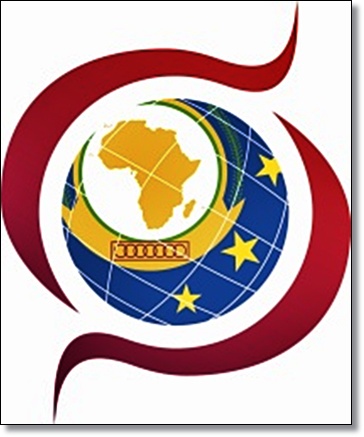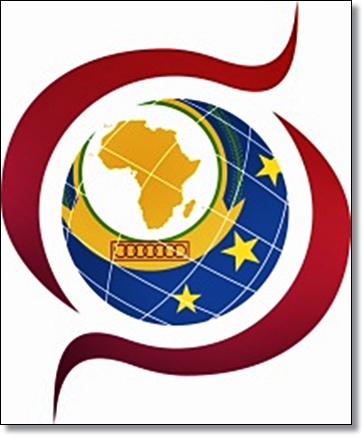EU-Africa Ties to Pay Dividends

 |
These changes also present tremendous opportunities to enhance our EU-Africa partnership. They show how crucial democracy, human rights, the rule of law and inclusive development are to any state to function viably and in the interest of its people. They also demonstrate how vital the Joint Strategy between the African Union and the European Union is. The strategic aims of our partnership are clear: We tackle global issues of joint concern, from energy security and climate change, to food security and migration. We create opportunities for trade, investment and inclusive growth. And, we work to give our citizens greater involvement in their societies.
We are already making good on those aims, and the fact that Africa is moving forward on so many fronts should galvanise our efforts further. With 5% growth forecast for Africa this year and rapidly expanding trade; with the emergence of a middle class of smart entrepreneurs and wealth creators, and with an ambitious regional and continental integration agenda taking shape, there are many promising channels for our efforts.
Green energies are a prime example of the win-win situations we can create together. They harbour huge trade and investment opportunities; they also demonstrate how cooperation between Africa and Europe pays tangible dividends for our citizens. This November's Durban Conference will give us a further chance to promote common positions on climate change.
Energy and infrastructure are two focal points in the EU's push for inclusive and sustainable growth for Africa and are also two key areas with a huge potential for pan-African integration.
In addition, agricultural production, food safety and the nutrition levels of the rural poor in many African Countries are presenting growing challenges which, in turn, affect food policy and require responses to keep food commodity prices more stable. We must find environmentally and socially sustainable solutions that balance nutritional needs with safety and security imperatives for energy and food.
It is clear that any economic growth in Africa will be neither sustainable nor inclusive unless basic domestic/political foundations are in place, which underpin any democratic society. Only through them can people realise their full potential, feel part of their society and share in their country's prosperity. That is why the changes sweeping through North Africa are so important. They remind us that in too many places, people are denied the chance to make something of their lives, take part in decision-making and give something back to society. The remarkably high number of young people calling for change should remind us that youth empowerment is fundamental to building a better future.
Participatory democracy is about building bridges - within and between states, but especially between people. In our connected world, people-to-people contacts are essential to forge strong links between entrepreneurs, academics, students and artists, to overcome outdated perceptions. This is at once vital and self-evident: for democracy and development must always put people first.
We have many reasons to be upbeat about the prospects for Africa and for the partnership between Africa and Europe. Our Joint Strategy and our two Commissions will guide us on the journey we undertake together. It will not always be plain sailing. But, the very fact that we are steering the same course can only be a good thing. Good for the people of Africa and their development; good for people of Europe for their security; good for the partnership between Africa and Europe; and, ultimately for our interconnected world as a whole.
By Jean Ping (Chairperson, African Union Commission) and Jose Manual Barroso (President, European Commission).
